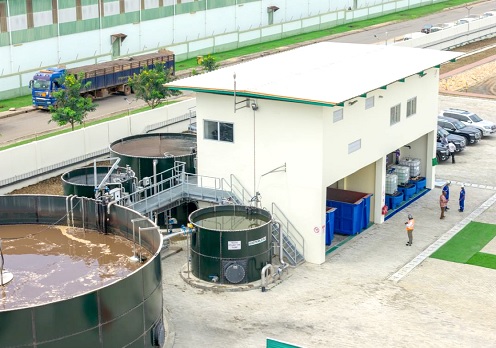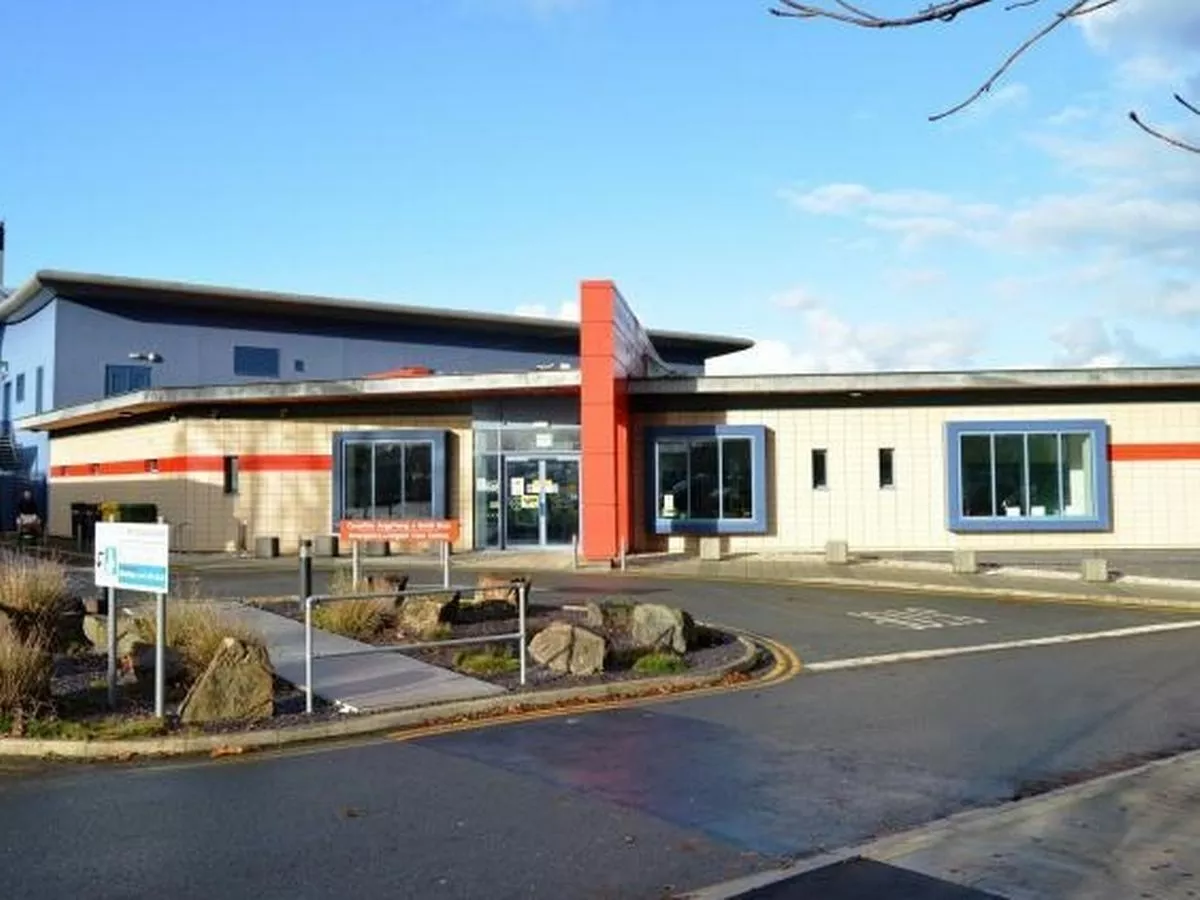Copyright ghanamma

In a major boost to sustainable cocoa manufacturing and environmental protection in the country, Cargill Ghana has commissioned a $4 million state-of-the-art wastewater treatment plant, an advanced air filtration and solar energy expansion at its Tema Free Zones processing plant. Unveiled on Thursday, October 16, it formed part of the company’s broader effort to promote responsible manufacturing and reduce its carbon footprint. The state-of-the-art wastewater treatment plant allows for the 100 per cent in-house treatment and reuse of wastewater. It also conserves water, reduces environmental impact and ensures that all treated water meets Environmental Protection Authority (EPA) standards for reuse and landscaping, and other non-portable purposes. In addition to the wastewater facility, Cargill also introduced a baghouse filtration system that eliminates visible emissions from factory operations, improving air quality for employees and surrounding communities. Building on the success of its 565KWp solar installation, the company further expanded its capacity by 1,500KWp, increasing its total renewable energy contribution to 71 per cent of the plant’s energy demand. Speaking at the commissioning ceremony coincided with the visit of some executives of the company from the United States of America. The wastewater collection and treatment point They included the Executive Vice-President, Cargill Food, Jon Nash, who also commissioned the plant; the Vice-President, Finance-Food, Europe, Middle East and Africa (EMEA), Eliza Shardlow Clark; Vice-President, Cargill Food, Xavier Hyenne; MD, Cocoa and Chocolate, Europe & West Africa, Emiel Van Dijk, as well as Sustainability, Business Partnership and Innovation Lead, Tai Ullman. The rest are Senior Vice-President, Finance, Food, Abhishek Pandey; Senior Vice-President, Strategy and Acceleration, Food, Hans Kabat; Senior Vice-President, Food, Ann Mackey; Managing Director, Cargill West Africa, Lionel Soulard, and the Group President, Food, EMEA, Franck Monmont. Speaking at the ceremony, the Managing Director of Cargill Ghana, Max Essoh Latte, said the investment underscored the company’s commitment to sustainability and responsible business operations. The upgrades, he added, highlighted Cargill Ghana’s leadership in sustainable operations by reducing its carbon footprint while supporting Ghana’s broader efforts to promote industrial responsibility and clean energy adoption. “By investing in both education and environmental stewardship, Cargill Ghana continues to demonstrate that true progress means driving business growth while contributing to the well-being of people and the planet,” he said. The Managing Director of Cargill Ghana added that the projects also reflected the company’s purpose of nourishing the world in a safe, responsible and sustainable way by empowering communities, protecting natural resources and building lasting value across the country’s cocoa sector from bean to bar. Major milestone The Plant Manager of Cargill Ghana, Richard Adjei, described the project as a major milestone in Cargill’s sustainability journey. An aeriel view of Cargill Ghana Ltd He said wastewater treatment was critical for every manufacturing company, adding, “You use very clean water to run your processes, but not all of it becomes part of your product. This plant ensures that the water going back into the environment is clean and has no adverse impact.” About Cargill Cargill has been sourcing cocoa from Ghana for over 40 years and operates one of the country’s most advanced cocoa processing facilities in Tema. The company employs about 550 permanent and temporary staff, in addition to 320 employees within its licensed buying company. It also works closely with farmers and local communities to drive sustainability, improve livelihoods and support long-term development through investments in education, health and infrastructure.



